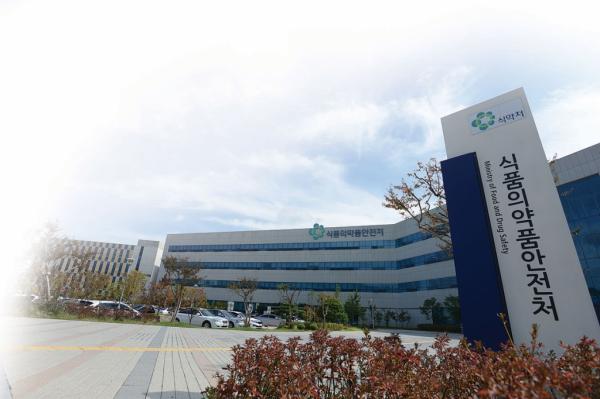Janssen said it planned to test its respiratory syncytial virus (RSV) treatment Lumicitabine for infants and young children in Korea.
The Ministry of Food and Drug Safety Friday approved Janssen Korea’s plan for a clinical trial on Lumicitabine’s safety, tolerability, and pharmacokinetics.

The study will assess the drug’s antiviral activity, clinical outcomes, safety, tolerability, and pharmacokinetics, and it will be a phase-2, randomized, double-blind, and placebo-controlled.
The trial will be on four hospitalized infants and children, aged 28 days to 36 months, infected with RSV, at Samsung Medical Center, Chonbuk National University Hospital, Korea Institute of Radiological & Medical Sciences, and Eulji Medical Center.
Transmitted through conjunctiva or nasal mucosa, RSV spreads easily when infected people cough or sneeze. The virus also spreads when an infected hand touches on the eye or nose. Quickly spreading in late autumn and winter, RSV mainly causes pneumonia for infants aged less than a year.
RSV usually causes symptoms such as a fever, a cough, and phlegm. Infants and young children with RSV require hospitalization. RSV infection could become more severe to those with a genetic predisposition to diseases such as asthma. Such high-risk patients with RSV infection need sufficient treatments and more attention.
According to last year’s data from the Korean Centers for Disease Control and Prevention, RSV detection rate in acute respiratory infection-causing virus stood at 13.7 percent at the 46thh week. In particular, 11.4 percent of the detected respiratory virus was RSV from Oct. 22 to Nov. 18 last year, up 30 percent from the same period in recent three years on average.

